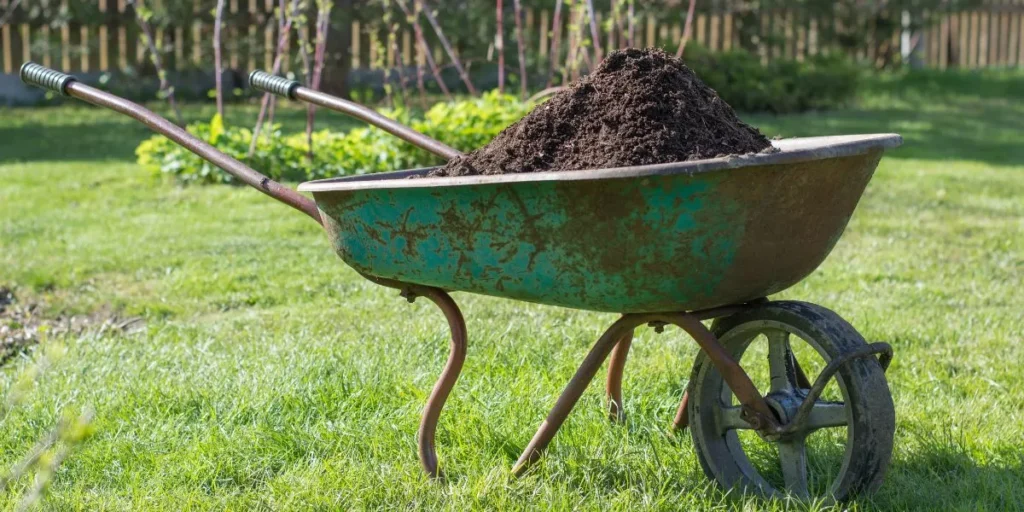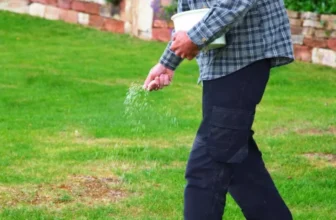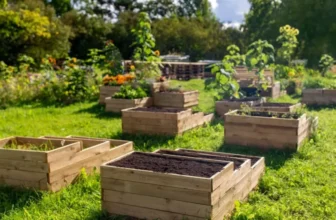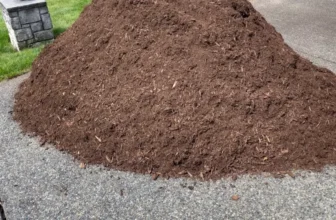
Enhancing your lawn with compost brings a multitude of benefits that go beyond simple aesthetics. From enriching the soil with essential nutrients to fostering stronger root systems, the advantages of using compost are numerous. But there’s more to discover about how this natural amendment can transform your lawn into a lush, resilient landscape.
Nutrient-Rich Soil Enhancement
Enhancing your lawn with compost provides a significant boost in nutrient levels, promoting healthier grass and vibrant growth. When you introduce compost to your soil, you’re enriching it with essential nutrients like nitrogen, phosphorus, and potassium.
These nutrients are vital for the development of strong roots, lush foliage, and vibrant blooms in your lawn. Additionally, the organic matter in compost helps improve soil structure, providing a better environment for beneficial soil organisms to thrive.
This healthy soil ecosystem further aids in nutrient absorption by your grass, ensuring that it receives the nourishment it needs to flourish.
Improved Water Retention
By incorporating compost into your lawn, you can significantly improve water retention in the soil, leading to more efficient hydration for your grass. Compost acts like a sponge in the soil, absorbing and holding onto water, which is then slowly released to the roots as needed. This helps create a more consistent moisture level in the soil, reducing the risk of both underwatering and overwatering your lawn.
The organic matter in compost also helps to improve soil structure. It creates a network of tiny spaces in the soil that allow water to penetrate deeply, reaching the roots of your grass plants. This means that when you water your lawn, the water is less likely to run off the surface and more likely to be absorbed where it’s needed most.
Furthermore, the improved water retention provided by compost can help your lawn withstand periods of drought or dry weather. By using compost, you’re setting up your lawn for success by ensuring it has access to the water it needs to thrive.
Reduction of Chemical Fertilizers
Using compost on your lawn reduces the reliance on chemical fertilizers while improving soil health. Chemical fertilizers can have harmful effects on the environment, such as contaminating water sources and disrupting the natural balance of ecosystems. By incorporating compost into your lawn care routine, you can decrease the need for these chemicals, thereby reducing the risk of pollution and harm to beneficial organisms in the soil.
Compost provides essential nutrients to your lawn in a slow-release manner, promoting steady growth and healthier plants. Unlike chemical fertilizers that can leach into groundwater or runoff into streams and rivers, compost enriches the soil structure, making it more resilient and better able to retain moisture. This means you won’t only be helping the environment but also saving money in the long run by decreasing the frequency of fertilizer applications.
In addition to reducing the use of chemical fertilizers, compost helps balance soil pH levels, supports beneficial microbial activity, and enhances overall soil fertility. By transitioning to compost as a primary source of nutrients for your lawn, you’re making a sustainable choice that benefits both your property and the environment.
Enhanced Lawn Health and Appearance
To further boost the health and appearance of your lawn, consider the transformative effects of incorporating compost into your soil maintenance routine. Compost acts as a natural fertilizer, enriching the soil with essential nutrients like nitrogen, phosphorus, and potassium that are vital for healthy grass growth. These nutrients are released slowly over time, providing a steady and consistent food source for your lawn, resulting in lush, green grass.
Additionally, compost helps improve soil structure, making it more conducive to root growth. This enhanced root development leads to a stronger, more resilient lawn that’s better able to withstand drought, pests, and diseases. The improved soil structure also promotes better water retention and drainage, reducing the risk of waterlogging or runoff.
Garden














